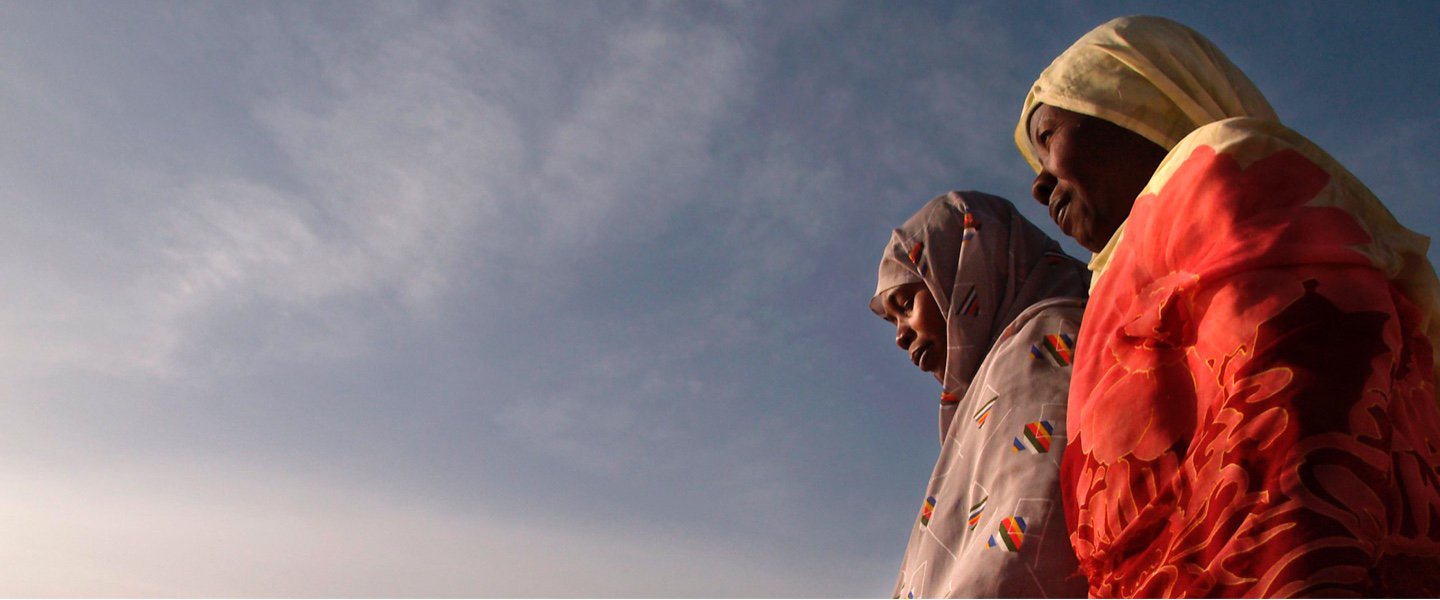From 2014–18, the yield of maize per hectare was increased from 1.5 tons to 3.8 tons, while the yield of cassava per hectare was 22.7 tons, up from eight tons. From 2017–18, the volume of maize sold was increased by 8,298 tons, and sorghum by 8,231 tons.
From 2014–18, 186 post-harvest processing facilities were constructed and/or rehabilitated benefiting 139,945 people, of whom 36% were women.
From 2014–18, 15,020 farmers adopted improved agricultural technology. During the same period, 7.5 million tons of cassava cuttings and 10,500 tons of bio-fortified cassava varieties were distributed. 7,396 women benefited from labor-saving technologies and equipment. 912 farms adopted bio-fortified varieties.
From 2016–18, 290,348 children were immunized, and 2.1 million women and children received basic nutrition services, and 319,912 health consultations were provided to the poor and vulnerable at free of charge.
From 2016–18, 2.7 million people received essential health and nutrition services, of whom 1.5 million were women. In 2018, 49.3% of births in the Northern and East regions were attended by a skilled professional, up from 37.6% in 2016.
Key Achievements
Results

INDICATORS
Life expectancy at birth, total (years)
Debt
Results Stories
Projects

News Updates
Related Documents
Key Achievements
From 2014–18, the yield of maize per hectare was increased from 1.5 tons to 3.8 tons, while the yield of cassava per hectare was 22.7 tons, up from eight tons. From 2017–18, the volume of maize sold was increased by 8,298 tons, and sorghum by 8,231 tons.
From 2014–18, 186 post-harvest processing facilities were constructed and/or rehabilitated benefiting 139,945 people, of whom 36% were women.
From 2014–18, 15,020 farmers adopted improved agricultural technology. During the same period, 7.5 million tons of cassava cuttings and 10,500 tons of bio-fortified cassava varieties were distributed. 7,396 women benefited from labor-saving technologies and equipment. 912 farms adopted bio-fortified varieties.
From 2016–18, 290,348 children were immunized, and 2.1 million women and children received basic nutrition services, and 319,912 health consultations were provided to the poor and vulnerable at free of charge.
From 2016–18, 2.7 million people received essential health and nutrition services, of whom 1.5 million were women. In 2018, 49.3% of births in the Northern and East regions were attended by a skilled professional, up from 37.6% in 2016.


